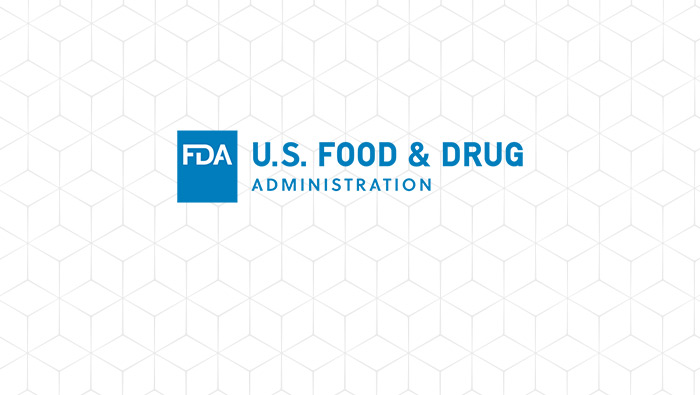On March 8, 2023, US FDA issued a “Call to Action” letter to all powdered infant formula manufacturers, packers, distributors, exporters, importers, and retailers in order to help protect our most vulnerable population.
The FDA has reviewed conditions during recent inspections of powdered infant formula manufacturers and has identified the following areas for improvement across the infant formula industry.
- Controlling water in dry production areas. The sources of the water include leaks from roofs or other exterior facility features, leaks from equipment (during production and/or during sanitation), and condensation. Records of water observed by employees in the dry processing areas, and the identified sources can help a firm analyze trends or identify recurring problems.
- Verifying the effectiveness of controls through environmental monitoring. Manufacturers of powdered infant formula must establish a system of process controls covering all stages of processing that are designed to ensure that the product does not become adulterated due to the presence of microorganisms in the formula or in the processing environment. FDA encourages the direct testing for Cronobacter at some frequency within the processing environment for powdered infant formula.
- Implementing appropriate corrective actions following the isolation of a pathogen from an environmental sample or a product sample. Effective corrective action plans often involve conducting a root cause investigation to inform appropriate containment and corrective action activities. The best current available science demonstrates that the only adequate remediation for food contact surfaces contaminated by a bacterial pathogen is the application of a sanitizing treatment (e.g., a thermal treatment or a chemical treatment). Other remediation procedures, such as physical dry-cleaning techniques, have not proven effective against eliminating pathogens from equipment surfaces.
- Implementing effective supply-chain controls for biological hazards. Suppliers of raw materials or other ingredients that will not receive a lethal treatment at the powdered infant formula manufacturing facility are an extension of the infant formula manufacturing process, particularly when it comes to sanitation controls for production and maintaining a production environment in conditions suitable for producing infant formula. Verifying these conditions at the supplier, as well as informing the suppliers of the intended use of their raw materials or other ingredients, are the responsibility of the powdered infant formula manufacturer.
- Identifying all relevant biological hazards. Historical associations between powdered infant formula and pathogens such as Cronobacter, Salmonella, and Clostridium botulinum should be considered when designing and implementing controls for the safe manufacture of all foods for infants and young children.
EAS Consulting Group will closely monitor these and other US FDA updates throughout 2023 and beyond, communicating expectations and analyses to our clients as available.
In the meantime, a thorough review of your infant formula processes may be warranted so that you will be able to quickly understand any new FDA expectations and how to pivot to FDA’s new expectations. If you need any assistance or have questions regarding the FDA Call to Action, please contact EAS Consulting Group. We invite you to visit our website to learn more about our US FDA regulatory capabilities and to contact us if we can be of assistance.
Posted in FDA and USDA Regulatory Update, Foods.

